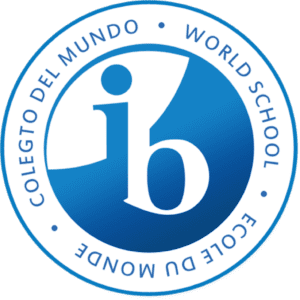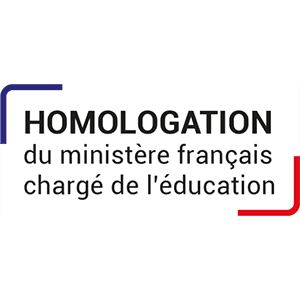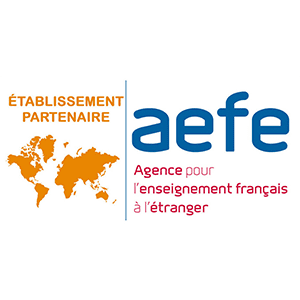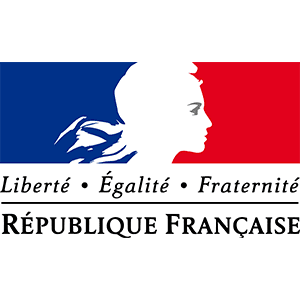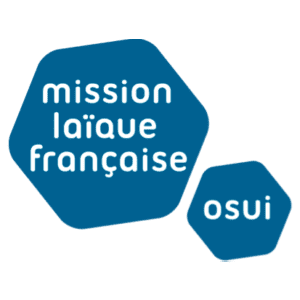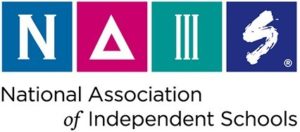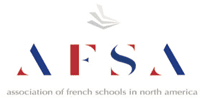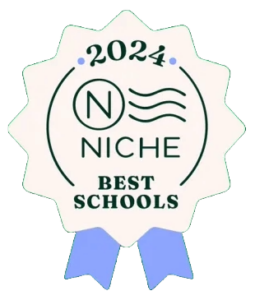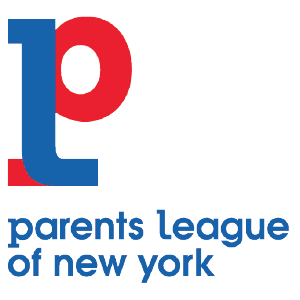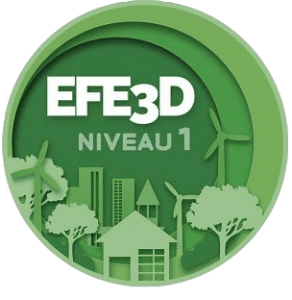The Remarkable Advantages of Social Emotional Learning: A Case Study
Educational paradigms are currently undergoing a profound and fundamental change. As we learn more about how children’s brains develop, educators are increasingly shifting away from a narrow focus on content, punctuated by occasional standalone lessons on social and emotional development, and into a new mode of instruction in which these formerly separate realms are integrated into one holistic curriculum. A recent case study demonstrates the success of these principles put into action.
CASEL, SEAD, and SEL
In order to understand the significance of the case study, we must first understand the principles of Social Emotional Learning (SEL). The Collaborative for Academic, Social, and Emotional Learning (CASEL) has developed a coordinating framework to be utilized by educators, families, and communities to promote intrapersonal, interpersonal, and cognitive competencies in students. To that end, CASEL has developed a framework of 5 Core Competencies.
- self-awareness
- self-management
- social awareness
- relationship skills
- responsible decision-making
The Aspen Institute’s National Commission on Social, Emotional, and Academic Development (SEAD) works closely with educators, community leaders, families, employers, and partners like CASEL to fully integrate this approach into K-12 academic curriculum. The goal of SEAD is to compile and release a Report From the Nation, which will outline specific actions intended to usher in a new era of education. This model will support the full development of students, providing them with the skills and emotional maturity to excel not only in academics, but into adulthood.
Case Study: Capital City Public Charter School
SEAD’s first report in the series is a case study of a Washington, D.C. charter school. Capital City provides an innovative learning environment for its 1,000 K-12 students by being part of the Expeditionary Learning network, which emphasizes mastery of academics, production of high-quality work, and development of character.
In practice, this results in “learning expeditions”, such as when 3rd and 4th grade classes compared Washington’s temperate forests with tropical rainforests, incorporating trips to a local park and the National Zoo into the lesson plan. Another example is when 9th graders studied the ecology of local fish, with an emphasis on habitat preservation/restoration and the impact of human activity on fish populations.
This holistic and engaging approach to education makes Capital City fertile ground for the integration of Social Emotional Learning. SEAD’s case study demonstrates this by zeroing in on teacher Samantha Clark’s 6th grade math class. In this lesson, students have been learning geometric concepts by working, alone and in groups, on blueprints depicting their city. Clark calls a volunteer (Brandon) to the overhead projector to display a tightly scripted “peer critique” protocol for the feedback process.
- First, Brandon describes exactly what he is working on and mentions problems he is having completing his portion of the project.
- Next, Clark asks “clarifying questions” to fully understand Brandon’s concerns.
- Then she provides specific feedback, leading with positive comments and following up with helpful guidance.
- Brandon is then given a chance to respond before returning to his group to put into practice what they have just learned.
This process keeps students engaged, on task, and working together harmoniously. “I don’t see social and academic skills separately at all,” Clark says. “I don’t think first about designing a lesson and then think next about how to develop students’ social-emotional skills. It’s all one.”
To ensure high-quality instruction such as that provided by Clark, Capital City teachers are supported by instructional coaches, given dedicated time to create lesson plans, and frequently meet with other teachers across all grade levels to discuss overarching concerns and goals.
As a result, this charter school outpaces its overall district in growth of student proficiency (as measured by PARCC), and 100% of Capital City’s graduates go on to enroll in college. Despite these impressive achievements, head of school Karen Dresden is always striving to improve. “Our job is much broader than preparing kids for a test;” she says, “we’re preparing kids to do well in college, in careers, and in life. We want to make sure that they have all those skills.”
Other Examples
Also included in the case study are four other examples of successfully implemented SEL approaches.
- San Francisco Unified School District – The pre-K – 12 math curriculum is taught using principles of “growth mindset,” in which students are taught to expect and embrace mistakes as learning opportunities. This approach focuses on enhancing conceptual thinking, problem-solving skills, and procedural fluency, avoiding the strict right/wrong binary that has led so many students to believe they are “bad” at math.
- Facing History and Ourselves – This non-profit organization engages students in an examination of social justice issues throughout history with the goal of encouraging students to engage in and understand their role in an active democracy.
- New Tech Network (NTN) – The NTN focuses on project-based learning, integrating content knowledge with critical thinking, communication, collaboration, and student responsibility.
- Center for the Collaborative Classroom – This non-profit provides continuous learning for teachers to support the academic, ethical, and social development of children.
Integrating SEL into academic curriculum is clearly beneficial for not only students, but for teachers, parents, and communities as well. By utilizing these principles we can raise the next generation to be socially conscious problem solvers, effective communicators, and well-rounded humans, leading to a better future for all of us.
For more information on innovative approaches to learning, contact us!







